Will The World Be At A Better Place In 2024, Not Say Analysts As New Conflicts Could Erupt Besides Gaza And Ukraine
In a world witnessing the ongoing conflicts in Ukraine and Gaza, analysts have given a sobering warning—the globe is seeing an unprecedented number of potentially devastating disputes slipping beneath the collective international radar. As the eyes of the world remain fixed on high-profile crises, the International Rescue Committee (IRC) recently unveiled its 2024 emergency watchlist, shining a spotlight on 20 countries facing the greatest risk of security deterioration. IRC President and CEO David Miliband's assertion that these are the "worst of times" for many reflects a dire confluence of climate risks, escalating conflict zones, and diminishing international support. As headlines continue to be dominated by specific crises, Miliband emphasizes that other parts of the world are ablaze due to structural factors tied to conflict, climate change, and economic challenges.

The year 2024 may yet be another tough one, according to analysts,
with the world’s attention focused on the ongoing conflicts in Ukraine and Gaza, analysts caution that an unprecedented number of potentially “catastrophic” disputes are slipping under the radar.
The International Rescue Committee (IRC) recently unveiled its emergency watchlist for 2024, identifying the 20 countries facing the greatest risk of security deterioration.
Despite constituting only 10% of the global population, these nations account for approximately 70% of displaced individuals and 86% of the world’s humanitarian needs.
As of October, the United Nations estimated that over 114 million people globally had been displaced due to war and conflict, a number likely to have increased since then.
IRC President and CEO David Miliband highlighted the current plight faced by many served by his organization, emphasizing the convergence of climate risks, impunity in expanding conflict zones, and escalating public debt with a backdrop of diminishing international support.
While acknowledging the rightful focus on the crisis in Gaza, Miliband stressed the importance of recognizing that other regions are also in crisis due to structural issues related to conflict, climate, and the economy. He emphasized the need to address multiple crises simultaneously.
Isabelle Arradon, research director at the International Crisis Group, echoed these concerns, informing CNBC that global conflict fatalities are at their highest since 2000.
She pointed out the presence of alarming indicators and a shortage of resources to resolve conflicts, attributing these challenges to heightened geopolitical competition and a reduced appetite for addressing deadly disputes.
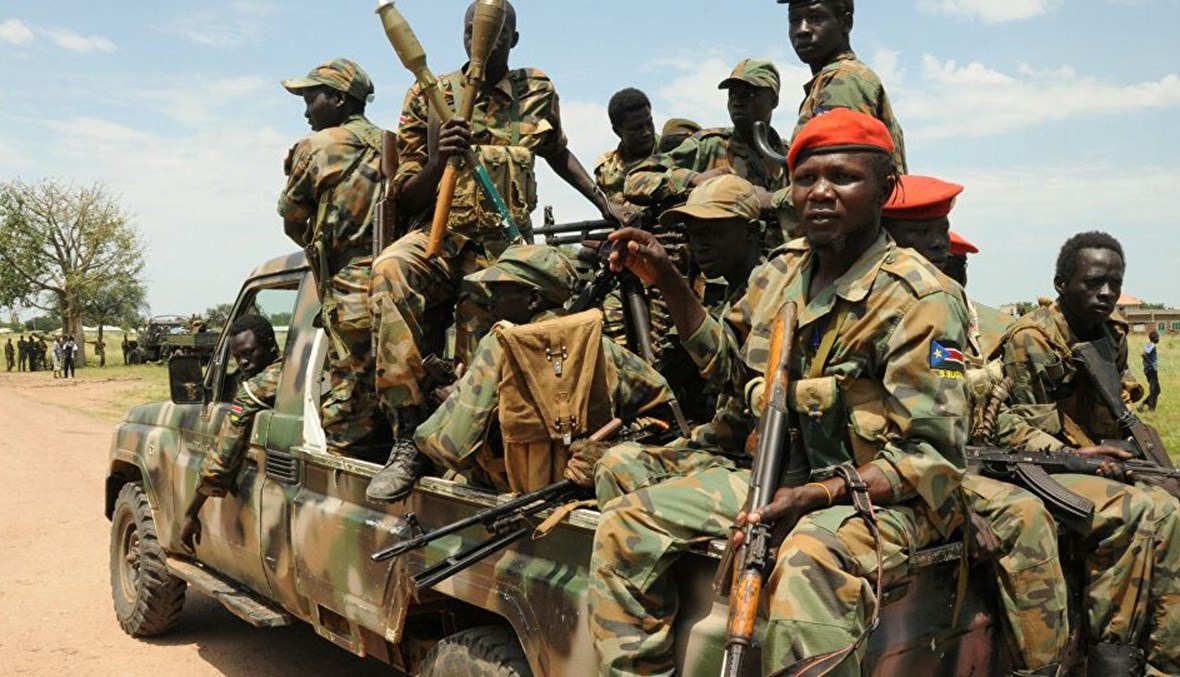
Sudan
Topping the International Rescue Committee’s (IRC) watchlist is Sudan, a nation ensnared in a conflict that ignited in April 2023 between its two military factions.
Despite internationally brokered peace talks in Saudi Arabia, a lasting solution remains elusive, leading to an expansion of the conflict into what the IRC describes as “large-scale urban warfare.”
This alarming development has garnered minimal international attention, creating a serious risk of regional spillover; approximately 25 million people in Sudan find themselves in urgent humanitarian need, with 6 million displaced amid the escalating crisis.
The Rapid Support Forces, led by General Mohammed Hamdan Dagalo, known as Hemedti, and allegedly supported by the UAE and Libyan warlord Khalifa Haftar, have spearheaded a multipronged offensive from the conflict’s epicenter in the capital, Khartoum.
The consequences have been devastating, with reports of alleged atrocities surfacing in the western region of Darfur.
Isabelle Arradon, research director at the International Crisis Group (ICG), highlights the ongoing risk of mass atrocities in Darfur and raises concerns about the potential for an “all-out ethnic conflict” drawing in armed groups from the region.
Arradon emphasizes the limited scope of current peace initiatives, attributing insufficient attention to distractions at the global level, stressing the need for more serious engagement at a high level to facilitate cease-fire negotiations in Sudan.

The absence of substantial international involvement raises concerns about the trajectory of the conflict and the potential for further escalation.
Compounding the complexity of the situation is the flow of refugees into neighboring South Sudan and Ethiopia. These countries, already grappling with internal conflict, the impacts of climate change, and severe economic hardship, face amplified risks of spillover from Sudan’s crisis.
The interconnectedness of regional challenges underscores the urgency for a concerted international effort to address the multifaceted dimensions of the Sudanese conflict and its potential repercussions on neighboring nations.
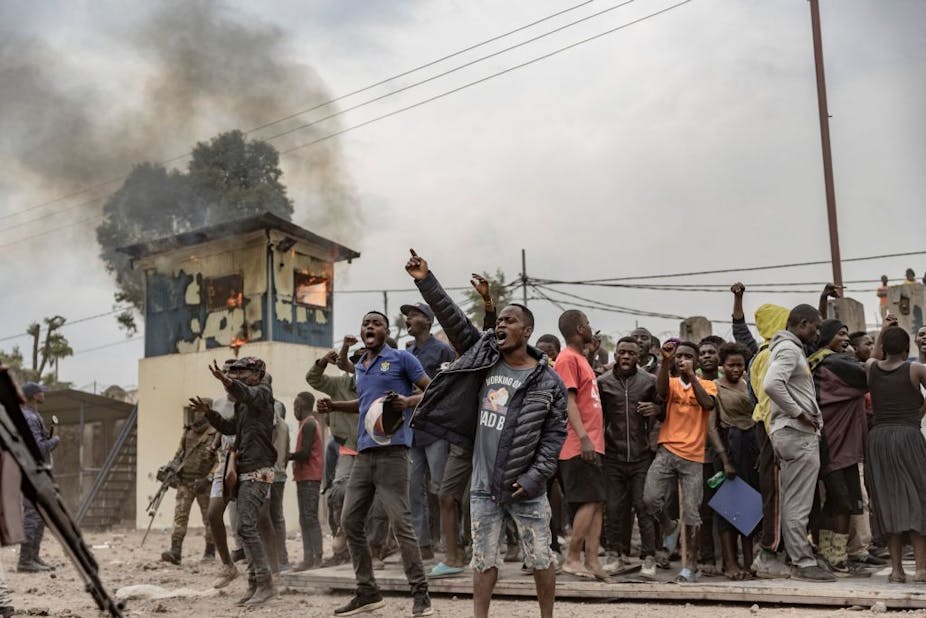
Congo
The recent tumultuous election in the Democratic Republic of the Congo (DRC) marked the commencement of a new electoral cycle set to unfold against a precarious backdrop until 2024.
The voting process faced significant challenges, including prolonged delays at polling stations, some remaining closed throughout the day, and extensions of voting into Thursday in certain regions of the vast mineral-rich country boasting 44 million registered voters.
Amidst the electoral chaos, numerous opposition candidates advocated for the cancellation of the election, adding to the controversies that marred the campaign.
Violence was a persistent issue as 18 candidates vied against the incumbent President Félix Tshisekedi. Preliminary results suggest Tshisekedi is leading the vote, yet on Tuesday, the government prohibited protests against the election organized by five opposition candidates.
This political turbulence occurs against the backdrop of ongoing armed conflict in the eastern DRC, coupled with widespread poverty, setting the stage for additional regional elections in the coming year.
Crisis analysts express concerns about the likely protracted contestation of results, fueled by suspicions within Tshisekedi’s fragmented opposition regarding the electoral commission’s independence. The contestation could potentially escalate into further conflict, with ramifications for the broader region.
The heightened risk of a serious crisis is particularly worrisome given the resurgence of the M23 rebels, allegedly backed by Rwanda, in the province of North Kivu in eastern DRC since November 2021.
Accused of multiple apparent war crimes, M23’s increased offensive has brought them dangerously close to the city of Goma.
Reports suggest Rwanda has deployed troops to provide direct military support to M23, escalating tensions between Kigali and Kinshasa and prompting U.N. Secretary-General Antonio Guterres to express repeated concern about the prospect of a “direct confrontation.”
The convergence of a fractured and distrustful political environment, an ongoing armed rebellion, and severe socioeconomic pressures creates fertile ground for conflict in the region next year.
Isabelle Arradon characterizes the situation in the DRC and other active or potential conflict zones globally as “catastrophic,” citing the staggering displacement of 6 million people in the DRC alone.

Myanmar
The global scale of population displacement, often in proximity to armed groups, extends beyond the DRC, encompassing regions like Myanmar, Sudan, and Darfur.
The prevalence of such conditions underscores the urgent need for international attention and intervention in these crisis-stricken areas.
In Myanmar, the ongoing civil war, initiated by a military coup in February 2021 and a subsequent harsh crackdown on anti-coup protests, has escalated due to insurgencies from ethnic armed groups across the country.
Accusations against government forces include indiscriminate bombing, and there are fears that such tactics may intensify in 2024 as ethnic armed groups and resistance forces make substantial gains in the northern regions.
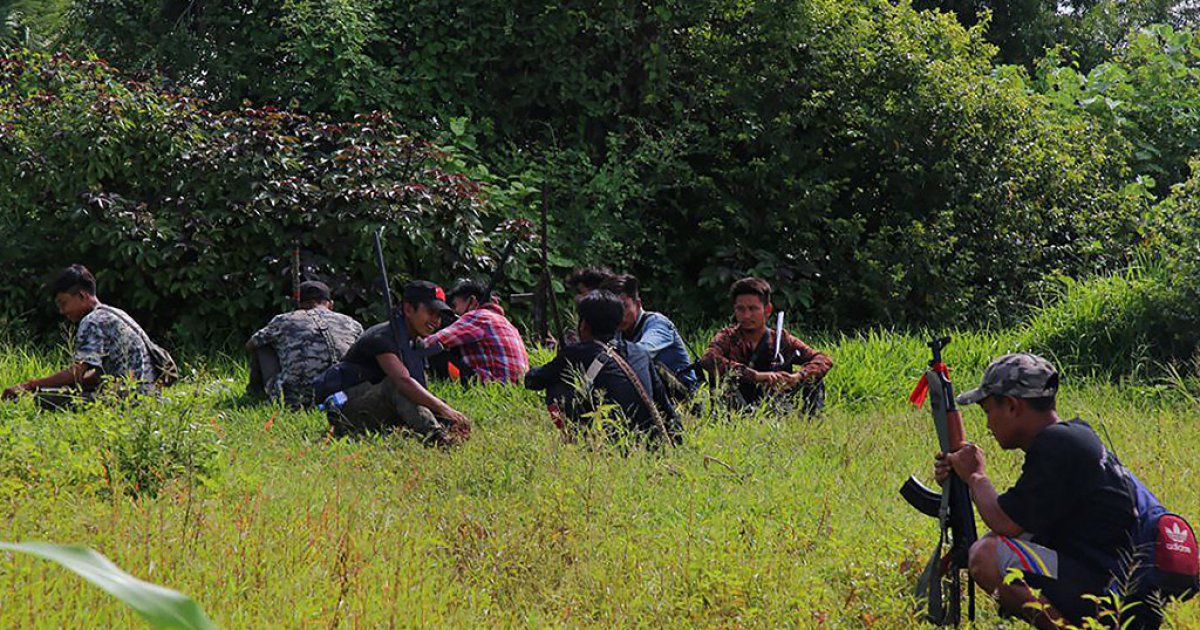
The military is currently facing challenges from an alliance of three ethnic armed groups in the northern Shan state, a significant armed group in the northwestern Sagaing region, and smaller resistance forces in Kayah state, Rakhine State, and along the Indian border in the west.
The International Crisis Group’s (IGC) CrisisWatch report assesses that the military, for the first time in decades, is compelled to confront numerous, determined, and well-armed opponents simultaneously in multiple theaters, potentially leading to escalated brutality, including scorched-earth tactics and indiscriminate bombing.
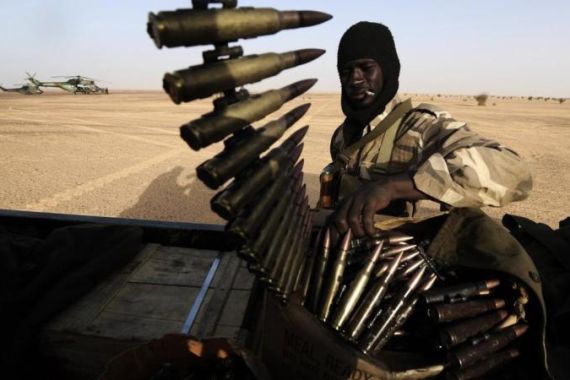
Sahel
In the Sahel region, a series of military coups over the past couple of years has unfolded, partly in response to heightened instability caused by Islamist militant insurgencies spreading across the area.
Including north-central Africa’s semiarid belt between the Sahara Desert and savanna regions, the Sahel includes countries like Burkina Faso, Cameroon, Chad, Gambia, Guinea, Mali, Mauritania, Niger, Nigeria, and Senegal. Mali, Niger, Burkina Faso, Guinea, and Chad have all witnessed coups and severe instability in the last three years.
According to Isabelle Arradon from the IGC, the security issues in the Sahel have been exacerbated by the fallout from the civil war in Libya, which led to a flow of weapons southward, supplying armed groups in countries where large portions of the population have felt neglected.
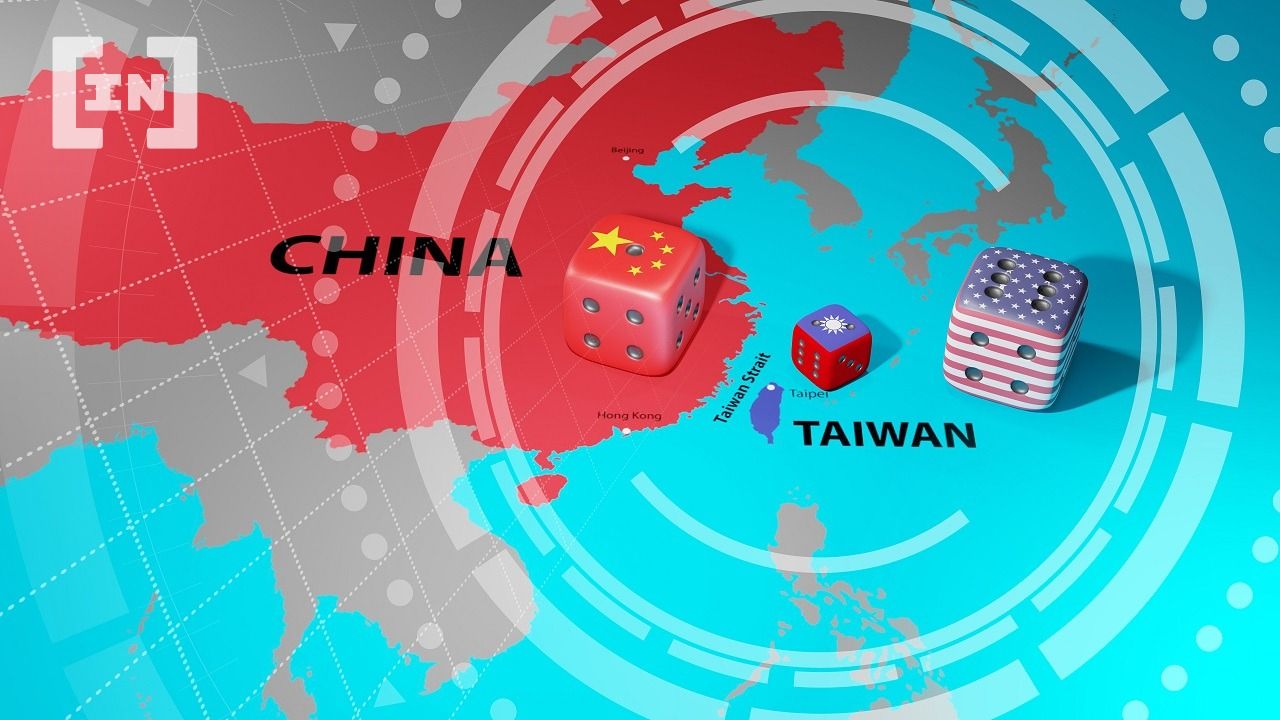
This combination of neglected populations, easy access to weapons, and dissatisfaction has contributed to a growing security risk in the Sahel region.
Additionally, the IGC expresses serious concerns about potential armed conflicts in Haiti, Guatemala, and Ethiopia.
The documented risk of a Chinese incursion into Taiwan and its broader global geopolitical implications is also a prominent area of worry.
The myriad challenges across these regions underscore the complex and interconnected nature of conflicts on the global stage, demanding sustained attention and concerted efforts to address the root causes and promote stability.
The Last Bit, the global outlook is fraught with complex and interconnected challenges, as highlighted by the International Crisis Group’s assessments of ongoing and potential conflicts.
From the escalating civil war in Myanmar, fueled by a military coup and brutal crackdown, to the Sahel region experiencing a wave of military coups amid Islamist militant insurgencies, the world is grappling with many crises.
The situation in Sudan, topping the International Rescue Committee’s watchlist, underscores the urgency of addressing conflicts that risk spillover effects and humanitarian crises.
Political turbulence, ongoing armed conflicts, and extreme socioeconomic pressures create fertile ground for further instability, demanding international attention and concerted efforts to prevent further escalation.
Beyond the specific regions mentioned, the IGC’s concerns extend to potential outbreaks of armed conflict in Haiti, Guatemala, and Ethiopia, emphasizing the need for proactive measures to address underlying issues and prevent further humanitarian crises.
The overarching concern about a Chinese incursion into Taiwan adds a geopolitical dimension to the global landscape, highlighting the intricate balance of power and potential consequences for international relations.
As the world grapples with these challenges, the international community needs to prioritize diplomatic efforts, conflict resolution, and humanitarian aid.




